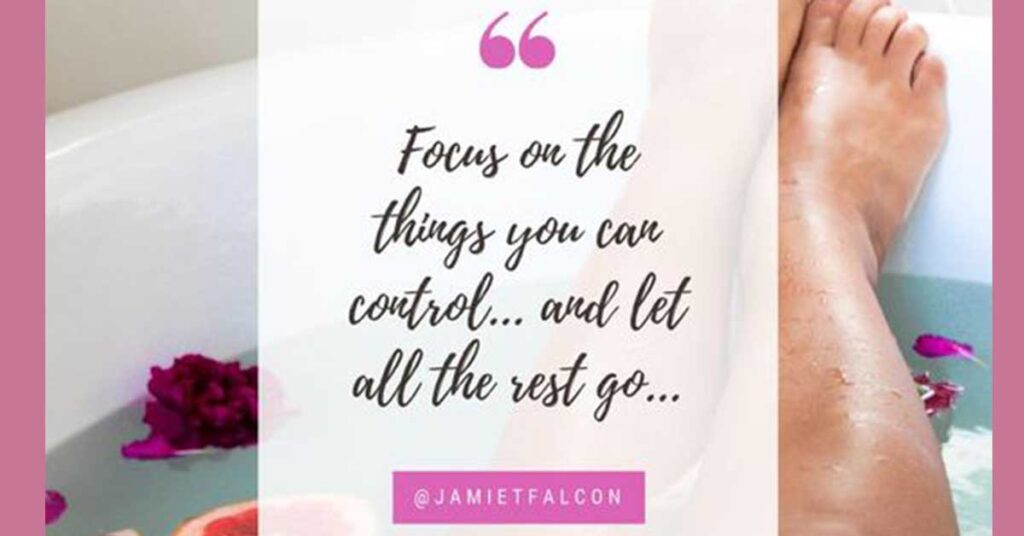Stress is unavoidable.
This year has been filled with so many twists and turns that sometimes it feels like we are living in a twilight zone. It is understandable how many of us might be experiencing more stress than usual, but is there hope?
I believe there is. You see stress is more than just what is happening… stress is greatly impacted by how we PREPARE for potential stressors AND how we choose to REACT to that stressor. So really you can help reduce the impact of stress from two perspectives.
First by Increasing your STRESS RESISTANCE. Some ways to do this include-
• Getting enough sleep: ideally 7-9 hours each night.
• Deep breathing. This supplies more oxygen to the brain and triggers the parasympathetic nervous system. Try this out next time you feel anxiety creep in…Exhale completely through your mouth, making a whoosing sound. Close your mouth and inhale quietly through your nose to a mental count of four. Hold your break for a count of seven. Then exhale completely through your mouth, making a whoosing sound to a count of eight. This is one breath. Repeat at least 3x.
• Movement: Stress initiates a surge of hormones that get the mind and body ready for the ‘fight or flight’ response. This means the body is fueled and literally ready to run from danger. You see your body doesn’t know if your stress response is ignited by a perceived threat or a real physical threat (like being chased by a bear). So if you can add some movement to your day, this will help offset stress and bring balance back to your central nervous system. Movement can come in a variety of forms- household chores, a walk around the neighborhood, yoga class, or yes a workout. Whatever fits your mood and lifestyle.
• Spend time outside- go for a hike, walk barefoot in your backyard and listen to the birds or something else to connect with nature.
• Eat a nutrient dense/properly prepared diet. Poor diets add stress to the body, so eating a diet that is nutrient dense will provide the body with vital minerals and nutrients to fight off stress.
• Mindful eating: When we are stressed we tend to over consume unhealthy calories. So next time you go to enjoy a meal, sit down, put away electronics and take 3 deep breaths before taking that first bite. This will help prepare your mind and body for digestion.
• 15 minutes of quiet time each morning. This has been a habit that has helped me through changes in motherhood and military life challenges (AKA deployments). You can choose to listen to music, read a devotional, write in your journal, catch the latest episode of your favorite podcast or even spend a few minutes just reviewing/planning out your day. This can be huge in reducing stress.The second part of dealing with stress is reducing stressors when and where we can. This looks like…
• Saying ‘no’ to activities that drain you more than they benefit you. Stop signing up for things that drain you or take you away from more important things in your life. Don’t do it just because you ‘feel like you have to’ or worry what others will say if you say ‘no’.
• Ask for help from your spouse, friends, family, coworkers when you start to feel overwhelmed. If you worry about looking weak… don’t. We all need help from time to time. And more than that… we are meant to do life together, so lean into your community when you need it!
• Make time for more sleep. This may be challenging especially if you are a parent, but it is so important. Pick a consistent bedtime and set that to-do list away…. it will never be finished, so get some rest and recharge so you can be productive again tomorrow.
• Limit presence of negative or stressful people & situations in your life. You get to choose who gets your time and attention… choose those who fill your cup and leaving you feeling better just because you spent time with them.
• Create a consistent routine. Routines give predictability. When you know what to expect (good or bad), it can help reduce stress or anxiety.
• Journalling or “brain dumps”. It can help to just get our thoughts out on paper.
• Practice gratitude. When we focus on what we are grateful for, we reduce stress over the things we cannot control.
***Reframing: Stress is not so much about what has or is happening, but it is about how you choose to look at the situation.***

